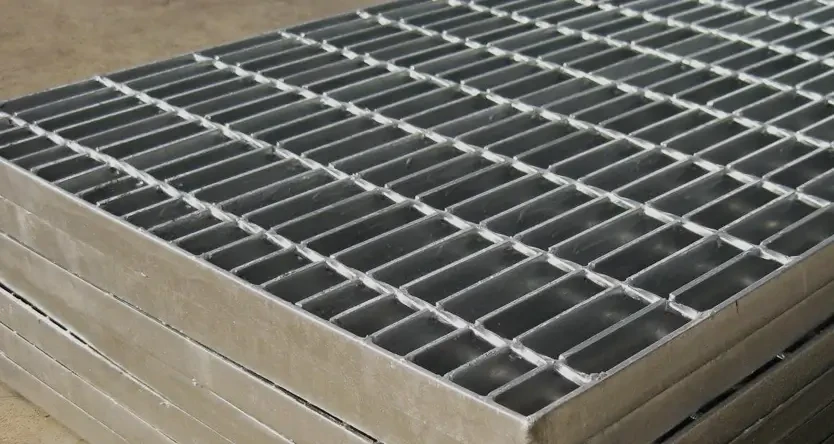The Benefits of Vegetable Trellis Netting for Gardeners
Gardening is a rewarding endeavor that allows individuals to grow their own food and connect with nature. However, growing vegetables, especially climbing varieties, can often pose challenges related to space and plant support. This is where vegetable trellis netting comes into play, acting as an essential tool for maximizing space and supporting healthy plant growth.
Vegetable trellis netting is generally made of durable materials like nylon or polypropylene, designed to support climbing plants such as beans, cucumbers, tomatoes, and peas. This innovative gardening solution serves several critical functions, making it popular among both novice and experienced gardeners.
Space Maximization
One of the primary benefits of trellis netting is its ability to maximize space in a garden. Climbing plants naturally grow upward, and using netting can help them utilize vertical space efficiently. This is particularly advantageous for gardeners working with limited areas, such as urban gardeners or those with small backyards. By elevating plants instead of allowing them to sprawl on the ground, gardeners can significantly increase their yield without expanding their garden footprint.
Improved Air Circulation
When plants grow close to the ground, they can become susceptible to pests and diseases due to poor air circulation. Trellis netting elevates plants, allowing for better airflow around the foliage. Improved air circulation helps to reduce humidity levels and minimizes the risk of fungal infections. As a result, plants can thrive in a healthier environment, leading to more robust growth and higher yields.
Ease of Harvesting
Using trellis netting makes harvesting vegetables much easier. When plants grow upwards, they become more accessible to gardeners. This ease of access reduces the labor involved in harvesting and minimizes damage to the fruits and plants themselves. For instance, tomatoes growing on a trellis can be picked without bending over or searching through dense foliage, making the harvesting process quicker and more efficient.
vegetable trellis netting

Enhanced Sunlight Exposure
Sunlight is a crucial factor for plant growth, and trellis netting helps ensure that all parts of climbing plants receive adequate sunlight. When plants grow flat on the ground, lower leaves may become shaded, leading to reduced photosynthesis and stunted growth. With trellis netting, sunlight can penetrate the plant canopy more effectively, fostering better growth and increasing overall productivity.
Pest Management
Another advantage of vegetable trellis netting is its role in pest management. By keeping plants elevated, gardeners can create a barrier between potential pests and their crops. For example, ground-dwelling insects may find it difficult to reach climbing plants that are secured to a higher trellis, ultimately protecting the vegetables from infestations.
Versatility and Customization
Trellis netting comes in various sizes and shapes, making it a highly versatile option for different gardening styles. Gardeners can customize their trellising systems according to the types of vegetables they are growing and the space they have available. Whether using lightweight netting for delicate peas or heavier-duty options for robust tomatoes, there is a suitable netting type for every need.
Conclusion
In conclusion, vegetable trellis netting is an invaluable asset for gardeners looking to maximize their space, improve plant health, and simplify the harvesting process. By adopting trellis netting, gardeners can enjoy a more productive and efficient gardening experience. Whether you're a seasoned gardener or just starting, investing in trellis netting will yield tangible benefits and contribute to a thriving vegetable garden. With the right support, your climbing vegetables can reach new heights—literally and figuratively!
-
The Best Metal Mesh Solutions: Expanded Aluminum Metal vs. Expanded Stainless Steel Metal
NewsSep.10,2024
-
Round Perforated Sheets vs. Hexagonal Perforated Sheets vs. Embossed Perforated Sheet Metal
NewsSep.10,2024
-
Perforated Metal Sheets
NewsSep.10,2024
-
Experience The Excellence Of Stainless Steel Grating
NewsSep.10,2024
-
Discover the Versatility Of Metal Mesh Expanded Forming Machines
NewsSep.10,2024
-
Discover The Advantages Of Steel Grating For Sale
NewsSep.10,2024
Subscribe now!
Stay up to date with the latest on Fry Steeland industry news.

